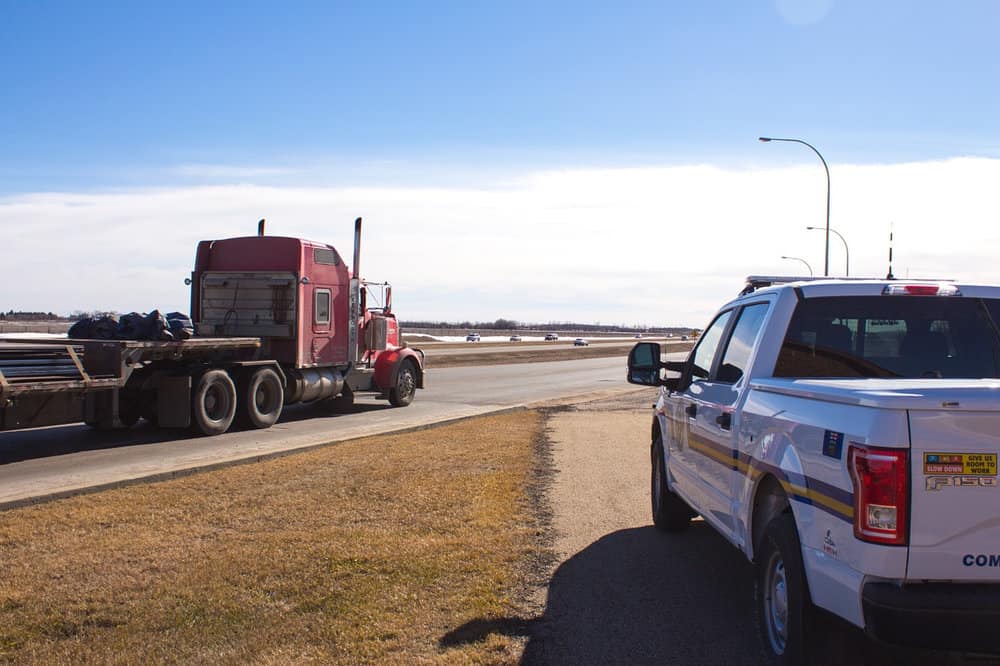
With the upcoming ELD rule rapidly approaching, many carriers may be surprised what the impact of these devices will have on their insurance rates
Unless you are a large motor carrier, the chances are you have some reservations about the upcoming electronic logging device (ELD) mandate.
As of Dec. 18, 2017, ELDs will be required for the majority of drivers. The ELD rule applies to most motor carriers and drivers who are currently required to maintain records of duty status (RODS) per Part 395, 49 CFR 395.8(a). The ELD rule allows limited exceptions to the ELD mandate, including:
Top Editor’s Picks:
ELDs expected to take a bite out of productivity, push rates higher
One on one with Max Farrell: How WorkHound is taking a bite out of driver turnover
When freight moves, it moves through Freight Alley
- Drivers who operate under the short-haul exceptions may continue using timecards.
- Drivers who use paper RODS for not more than 8 days out of every 30-day period.
- Drivers who conduct drive-away-tow-away operations, in which the vehicle being driven is the commodity being delivered.
- Drivers of vehicles manufactured before 2000.
Many larger carriers already require their drivers to use ELDs, but for smaller carriers that make up the majority of the industry – by many estimates as many as 97% of all trucking companies have fewer than 20 trucks, and 90% have 6 or fewer – the implementation of ELDs and their associated cost could be a game-changer. The Federal Motor Carrier Safety Administration estimates the cost to install an ELD to be at least $166 per truck for a basic model with an average cost of $419 per unit, depending on features and functionality.
There is some speculation that their may be more mergers and acquisitions due to this rule. But that is only one part of the ELD fallout that could affect the finances of carriers. Another issue that doesn’t receive much attention but could potentially become a larger concern – especially for smaller carriers – is the insurance impact.
“If you’re doing everything right, controlling your [safety] scores, you will be okay,” Andrew Ladebauche, CEO of commercial insurance provider Reliance Partners, told FreightWaves. “We have a lot of carriers who get just as favorable rates who run paper logs as those who run electronic logs.”







